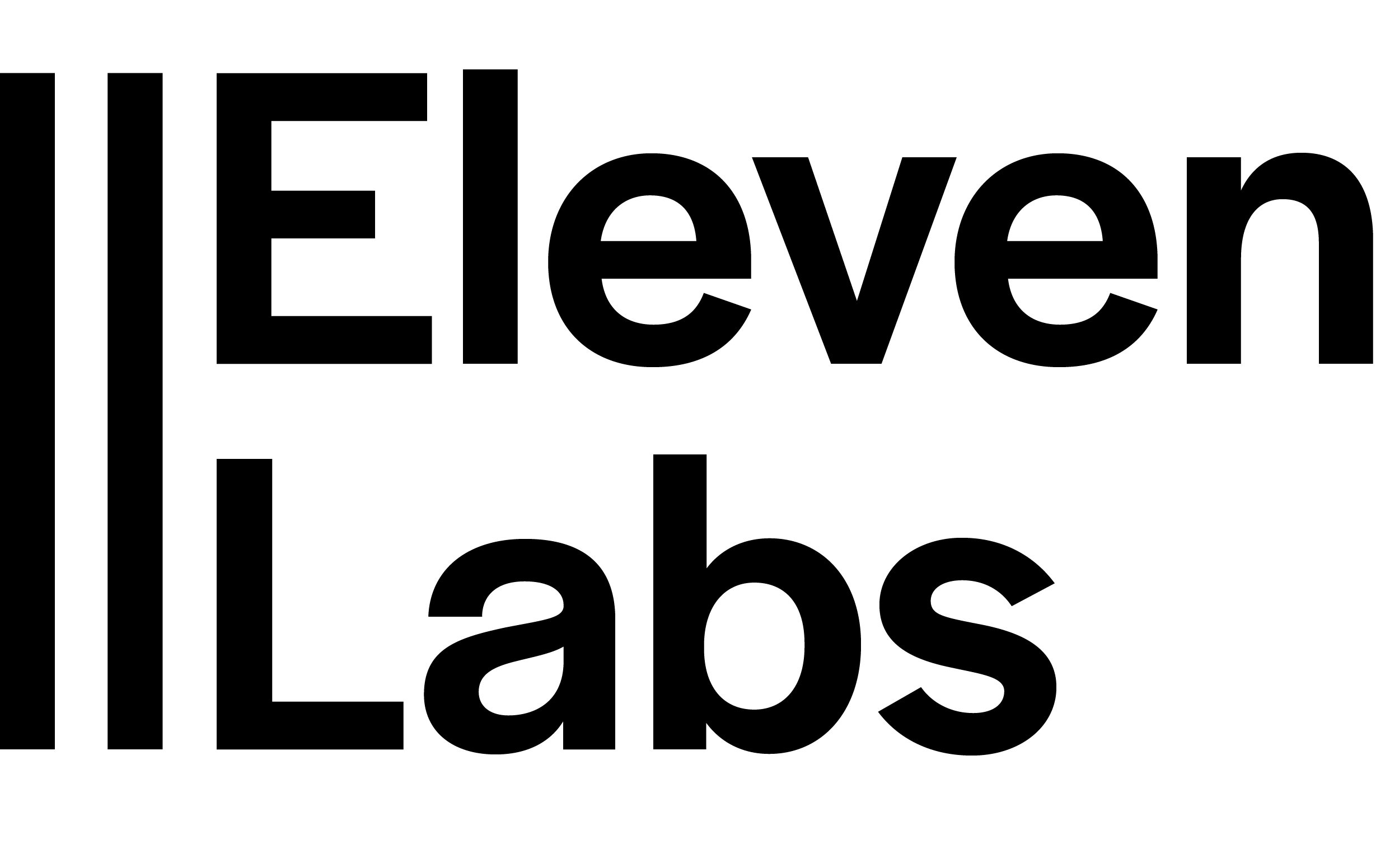Unleashing ChatGPT's Memory
daiverse
Tuesday, 13 February 2024 00:00

ChatGPT's latest update grants it the ability to remember and forget information, promising enhanced user experiences and business automation.
ChatGPT's latest update has unlocked a new realm of possibilities: the ability to remember and forget information. This groundbreaking feature promises to revolutionize user experiences and business processes, but it also raises important questions about data privacy and ethical considerations.
## Key Points
**Benefits:**
* **Enhanced user experiences:** ChatGPT can remember user preferences, tone of voice, and specific details from previous conversations, leading to more personalized and engaging interactions.
* **Improved task automation:** ChatGPT's memory allows it to assist with tasks that require context and memory-based decision-making, freeing up users to focus on more complex tasks.
* **Streamlined business operations:** Businesses can leverage ChatGPT's memory to improve customer service, automate repetitive tasks, and gain insights from customer interactions.
**Concerns:**
* **Data privacy:** ChatGPT's memory raises concerns about the potential storage of sensitive personal data, making robust security measures and clear data retention policies essential.
* **Potential for bias:** If ChatGPT's memory is not carefully managed, it may lead to biased or inaccurate responses due to the accumulation of potentially biased data.
* **Ethical implications:** The use of ChatGPT's memory function must be guided by ethical considerations, ensuring that it is not used for malicious purposes or to manipulate users.
Overall, ChatGPT's memory feature has the potential to revolutionize user experiences and business processes, but it also necessitates careful consideration of the ethical and privacy implications involved.
## Key Terms
* **Memory:** The ability of ChatGPT to retain and recall information from prior interactions.
* **Context-dependent tasks:** Tasks that require an understanding of the preceding conversation or interaction in order to be completed effectively.
* **Data privacy:** The protection of personal data from unauthorized access, use, or disclosure.
* **Data retention policies:** Policies that govern how long data is stored and how it is disposed of.
* **Bias:** A tendency to favor one perspective or outcome over others, often due to the influence of personal beliefs or experiences.
In the context of ChatGPT's memory function, these terms take on the following meanings:
* **Memory:** ChatGPT's ability to remember user preferences, tone of voice, specific details from previous conversations, and other relevant information.
* **Context-dependent tasks:** Tasks that require ChatGPT to understand the preceding conversation or interaction in order to provide a relevant and helpful response. For example, if a user asks ChatGPT to summarize a conversation they had earlier, the chatbot needs to remember the details of that conversation in order to generate an accurate summary.
* **Data privacy:** The protection of user data stored in ChatGPT's memory, including personal details such as names, email addresses, and conversation history.
* **Data retention policies:** Policies that govern how long ChatGPT stores user data and how it is disposed of once it is no longer needed.
* **Bias:** The potential for ChatGPT's memory function to introduce bias into its responses, either due to the data it has been trained on or the way it processes information. For example, if ChatGPT has been trained on a dataset that contains biased information, it may generate responses that reflect those biases.
Understanding these key terms is essential for evaluating the potential benefits and risks of ChatGPT's memory function. By carefully considering the implications of data privacy, bias, and ethical considerations, we can ensure that this technology is used responsibly and for the benefit of all.
## Specific Examples
**Benefits:**
* **Enhanced user experiences:** ChatGPT can remember a user's preferred tone of voice and writing style, making interactions more personalized and engaging. For example, if a user consistently uses a friendly and informal tone in their conversations with ChatGPT, the chatbot will adapt its responses to match that tone.
* **Improved task automation:** ChatGPT's memory allows it to assist with tasks that require context and memory-based decision-making. For example, a user could ask ChatGPT to track their expenses over time, and the chatbot could use its memory to provide insights into spending patterns and suggest ways to save money.
* **Streamlined business operations:** Businesses can leverage ChatGPT's memory to improve customer service and automate repetitive tasks. For example, a customer support chatbot could remember a customer's previous interactions and provide personalized assistance based on that history.
**Concerns:**
* **Data privacy:** ChatGPT's memory raises concerns about the potential storage of sensitive personal data. For example, if a user shares their health information with ChatGPT, that information could be stored in the chatbot's memory and potentially accessed by unauthorized individuals.
* **Potential for bias:** If ChatGPT's memory is not carefully managed, it may lead to biased or inaccurate responses. For example, if ChatGPT is trained on a dataset that contains biased information, it may generate responses that reflect those biases.
* **Ethical implications:** The use of ChatGPT's memory function must be guided by ethical considerations. For example, it is important to ensure that the chatbot is not used for malicious purposes or to manipulate users.
These specific examples illustrate the potential benefits and risks of ChatGPT's memory function. By carefully considering the ethical and privacy implications involved, we can ensure that this technology is used responsibly and for the benefit of all.
**In conclusion, ChatGPT's memory function is a double-edged sword.** It has the potential to greatly enhance user experiences and business processes, but it also raises important concerns about data privacy and ethical considerations. As this technology continues to evolve, it will be crucial to strike the right balance between innovation and protection.
**Call to action:** We encourage readers to engage in thoughtful discussions about the implications of ChatGPT's memory function and to advocate for responsible use of this powerful technology.
sponsored
- clone your own voice
- choose from thousands of voices
- reach audiences worldwide in 32 languages
tags
ChatGPT
OpenAI
conversation control
forgetting
privacy
genAI
generative AI
 natural ai speech synthesis
natural ai speech synthesis